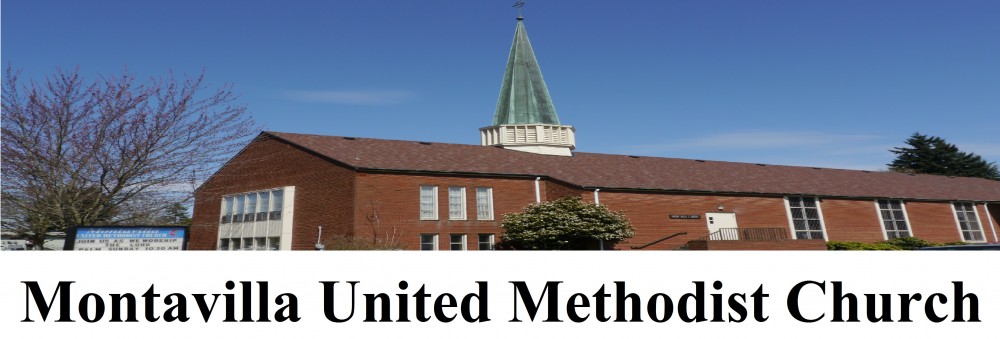 I believe the basis for interpretation of the Bible and spirituality must be filtered through love. Mark 12:30-31 has been a lifeline for me in guiding my decisions, in deepening my relationships and my intentions in growth. “30 and you must love the Lord your God with all your heart, with all your being, with all your mind, and with all your strength. 31 The second is this, You will love your neighbor as yourself. No other commandment is greater than these.”
I believe the basis for interpretation of the Bible and spirituality must be filtered through love. Mark 12:30-31 has been a lifeline for me in guiding my decisions, in deepening my relationships and my intentions in growth. “30 and you must love the Lord your God with all your heart, with all your being, with all your mind, and with all your strength. 31 The second is this, You will love your neighbor as yourself. No other commandment is greater than these.”
I pray to love more: Love God, love others, and love myself. These are not separate acts, but joined together in unity and the spirit of love.
Being loving isn’t about being nice. Somehow I developed this belief as a young child that love was all about self sacrifice and making other people feel good. If I was upset about something, or things didn’t feel fair, it was better to be quiet than create conflict. Over time this made me feel less loving and a bit fake. It is easy to feel like a hypocrite when the standard you set for yourself is just not human. It also made it very difficult to honestly look at myself when it wasn’t ok to look at the darker emotions and actions.
It is impossible for me to love without remembering grace. God gives me grace – The Spirit loves me, not because of what I do, but because of who I am. All I have to do is receive this grace. Or a simpler way for me to understand it – is to be open to seeing grace and beauty around me. When I look at the ocean or a mountain I feel this essence of wholeness. For me this is what grace is.
Through my connection with a Higher Power, I can radiate more love to others. I can have compassion for those who are hurting, and be of service to those in need. I can speak up for the one who is oppressed, and recognize the potential hurt and anger of the oppressor. I can seek peace in trying to build relationships with all people, yet sometimes I may need to walk away or make changes when the path becomes destructive.
I honestly have more questions than answers about this big word “Love”. I pray for the Spirit to guide us in our endeavors. May we be more open, may we recognize the power of language, may we continue to listen for truth and grace.
Elissa Noble
“What it Means to Be United Methodist: What We Believe” Thoughts on the latest sermon.


